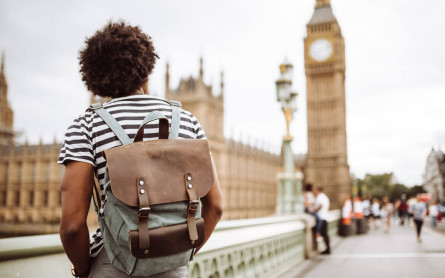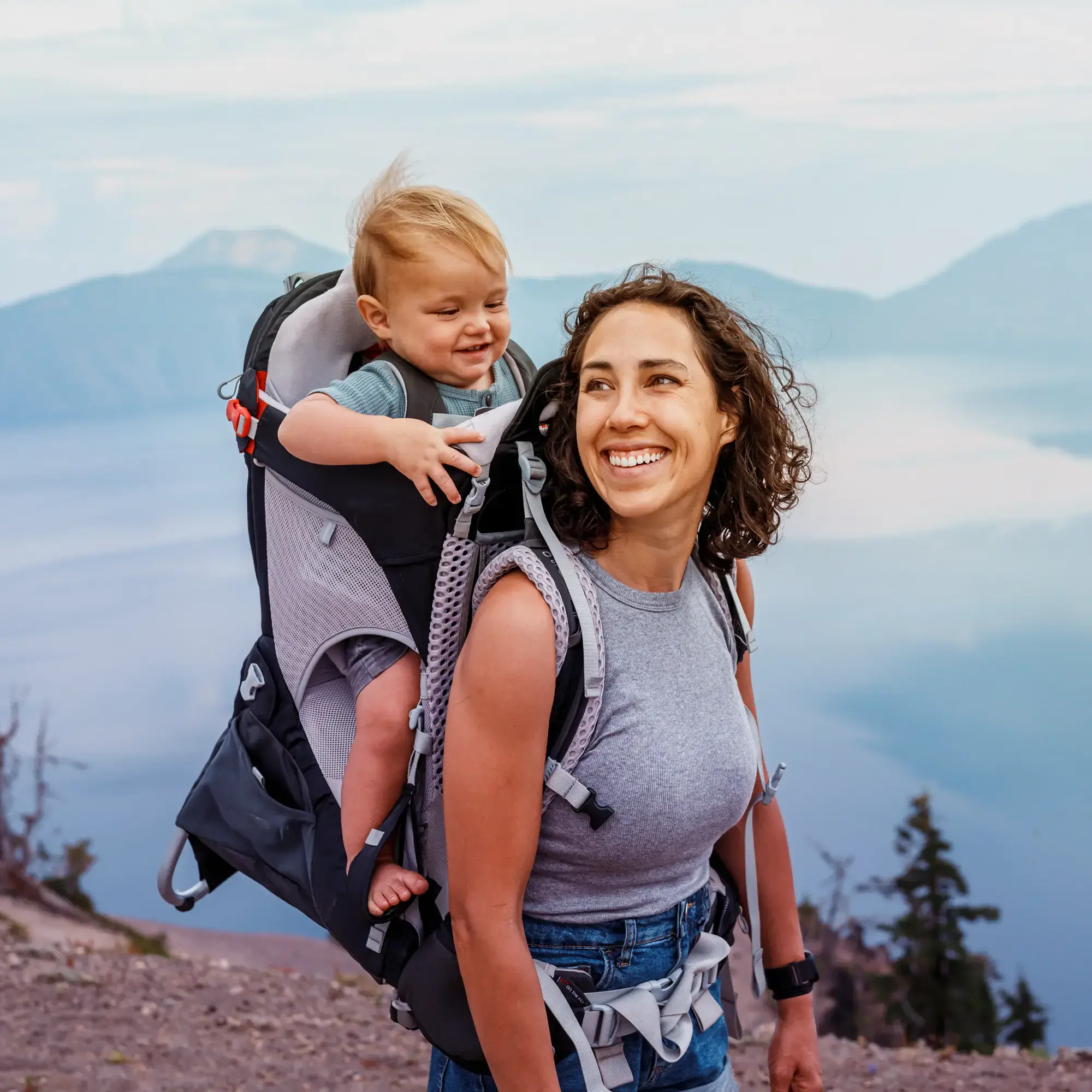
Planning & budgeting
Saving & investing
KiwiSaver
Tackling debt
Protecting wealth
Retirement
Home buying
Life events
Setting goals
Money tracking
Plan your spending with a budget
Getting advice
Studying
Get better with money
What pūtea beliefs do you have?
How to build up your emergency savings to cover unexpected costs
How to save your money
How to start investing
Find a financial adviser to help you invest
Your investment profile
Compound interest
Net worth
Types of investments
Term deposits
Bonds
Investment funds
Shares
Property investment
How does KiwiSaver work? Here’s why it’s worth joining
How to pick the right KiwiSaver fund
Make the most of KiwiSaver and grow your balance
How KiwiSaver can help you get into your first home
Applying for a KiwiSaver hardship withdrawal
How to use buy now pay later
What you really need to know before you use credit
How to get out of debt quickly
Credit reports
Know your rights
Pros and cons of debt consolidation
Credit cards
Car loans
Personal loans
Hire purchase
Student loans
Getting a fine
What happens if I start to struggle with moni?
How to build up your emergency savings to cover unexpected costs
Cryptocurrency
How to protect yourself from fraud and being scammed
About insurance
Insurance types
Insuring ourselves
Wills
Enduring powers of attorney
Family trusts
Insuring our homes
Losing a partner
Redundancy
Serious diagnosis
How to cope with the aftermath of fraud
Separation
About NZ Super – how much is it?
When you’re thinking of living in a retirement village
How to plan, save and invest for retirement
Manage your money in retirement
Find housing options in retirement
Four approaches to spending in retirement
Planning & budgeting
Saving & investing
How to build up your emergency savings to cover unexpected costs
How to save your money
How to start investing
Find a financial adviser to help you invest
Your investment profile
Compound interest
Net worth
Types of investments
Term deposits
Bonds
Investment funds
Shares
Property investment
View all
KiwiSaver
Tackling debt
How to use buy now pay later
What you really need to know before you use credit
How to get out of debt quickly
Credit reports
Know your rights
Pros and cons of debt consolidation
Credit cards
Car loans
Personal loans
Hire purchase
Student loans
Getting a fine
What happens if I start to struggle with moni?
View all
Protecting wealth
How to build up your emergency savings to cover unexpected costs
Cryptocurrency
How to protect yourself from fraud and being scammed
About insurance
Insurance types
Insuring ourselves
Wills
Enduring powers of attorney
Family trusts
Insuring our homes
Losing a partner
Redundancy
Serious diagnosis
How to cope with the aftermath of fraud
Separation
View all
Retirement
Home buying
2 February 2022
Reading time: 5 minutes
Posted by Tom Hartmann,
0 comments

It’s been the Kiwi rite of passage, a veritable cultural institution even: the overseas experience. But did COVID-19 kill off the big OE?
“When Covid started, that put it on hold for a little bit, but I don’t think any of us expected this,” says The OneUp Project’s Sarah Kelsey. As the world locked down in 2020, she and her friends were turning 21 – the typical time to go overseas before starting more long-term careers.
Kiwis have always been intrepid world travellers – no doubt partly due to the big OE. According to pre-COVID-19 estimates, close to 14,000 each year headed out to see the world, with only about half intending to come back. Many set off for the UK, jumping at the chance to earn sterling and take advantage of cheap, short flights to the European continent.
“That was sort of my idea of how life would go,” Sarah remembers. Her plan was a potential secondment with PWC, a graduate role to gain valuable experience in a larger-scale market.
What’s not to love about the OE? There’s international adventure on the cards. There are opportunities not to be missed in terms of studying, career. We come back with life experience, confidence and epic stories to tell.
Connor Simpson, 20, in his third year at the University of Otago, is hoping to go on his at the end of 2023. Over the years he’s befriended a number of exchange students, so he’s been lining up mates to stay with.
Virus depending, that should bring him to a couple of months in the Swiss Alps, Monaco, Paris – maybe some backpacking.
Connor has found uni life much of a muchness culturally, so he’s keen to explore other rich cultures abroad.
The overseas experience does a lot for our money skills, too. First socking away funds and then coping on a low travel budget test our ingenuity. And while abroad, even if we are not earning that many British pounds, when you think about it in New Zealand dollars, it feels like some serious dosh.
“There’s so much personal development and figuring out your perspectives on the world,” Sarah says about the OE.
But we know how the OE has been upended by the pandemic – border closures, flight interruptions and all those quarantine requirements. How soon can we have it back?
No one can predict how soon or how much the OE will return. While natural disasters used to be resolved within a year, with COVID-19 it’s hard to know what to expect.
“It’s quite hard for anyone, let alone a 21-year-old, to plan ahead for what they’re doing with their life,” Sarah says. “I’m 23 now, and it’s not looking like it’s necessarily slowing down. At what point do you consider doing some of the things you had planned for after your OE?”
Her solution? Keep calm, keep investing. Putting her travel money to work has opened up another world of possibilities. One of her friends, who had an extensive US trip planned, even saved up a deposit and bought a property instead.
“I’m happy I’ve been able to put more money into my investments for my future,” Sarah says, directing small amounts consistently into exchange-traded funds (ETFs) on DIY platforms such as Sharesies and Hatch. She’s now investing for the longer term instead of a quickly approaching trip. “I’m a lot less conservative with my investments.”
But there are others who despite the pandemic are still planning their OE, saving their money towards that goal. Connor, just going into his third year of a commerce degree, aims to be working after graduation for a solid 6–7 months, saving aggressively for his time abroad. That should put him in a good position if and when the OE opens up again.
Many of his friends, who are saddled with student debt, aren’t considering an OE at this stage. “When you are $40–50,000 in debt, going overseas isn’t that high on your priorities,” he explains.
While the future of the OE remains uncertain for the moment, there are always opportunities. It may no longer be the ‘big’ OE for a while – even when borders reopen it may mean shorter trips closer to home instead of moving overseas. Or it may become a time for discovery closer to home, such as a rural experience for those from a city.
These days you don’t need to move overseas to work for a company that’s based there. Tech has also made it easier to launch a company here that sells to customers abroad.
Perhaps the next-phase OE will be in the metaverse? Whatever your OE turns out to be, the life skills and enriching experiences that come with living abroad will never go out of style.
“Especially if it’s something you’ve always wanted to do, it will still happen,” Sarah says. “The optimist in me thinks it will definitely happen sometime – it’s just not now.”
Use verification code from your authenticator app. How to use authenticator apps.
Code is invalid. Please try again
Don't have an account? Sign up
Or log in with our social media platforms


A free account gives you your very own space where you can save your tools and track your progress as you get ahead.
Or sign up using Google:



Comments (0)
Comments
No one has commented on this page yet.
RSS feed for comments on this page | RSS feed for all comments